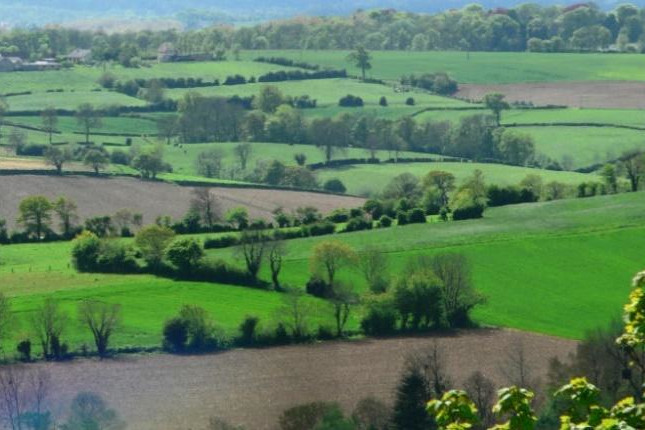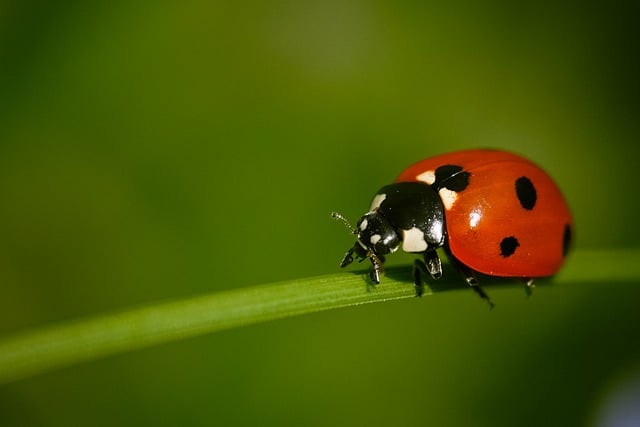
The decline of biodiversity has been observed worldwide in recent decades, and agriculture is known to be both, one of the origin and the victim of this loss. Our research team is working on the design and evaluation of agricultural practices that preserve, or even increase, cultivated and non-cultivated biodiversity in agroecosystems, thereby optimizing the various services provided by this biodiversity (production, pollination, pest regulation, preservation of water quality, etc.).
Our research is focusing on agroecological practices already used by farmers or newly implemented, to multiply or intensify the services they provide. Through experiments in farmers’ fields, we assess the impact of these practices on crop pests and diseases, as well as on biodiversity (pollinators and natural enemies of crop pests).
We are also working on assessing biodiversity conservation in agricultural plains in the Auvergne-Rhône-Alpes region for birds, insects and messicolous plants (rarer weed species, but of conservation value). This enables us to identify opportunities for improvement, taking into account the economic, technical and social needs of farmers and the potential environmental policies. We are also studying the optimization and synergies that can exist between agri-environmental, biodiversity conservation and planning public policies. Our research, combining ecology, agronomy and social sciences, is carried out in close link with stakeholders: farmers, chambers of agriculture, environmental associations, local authorities and the region


